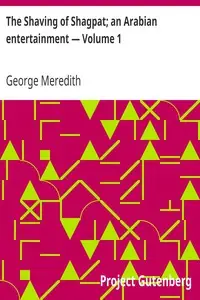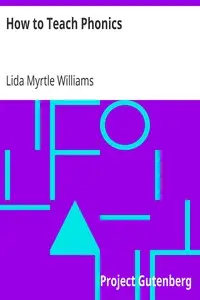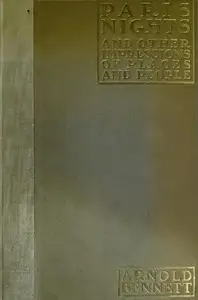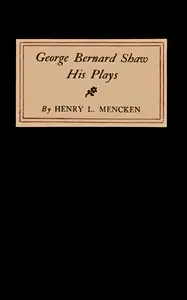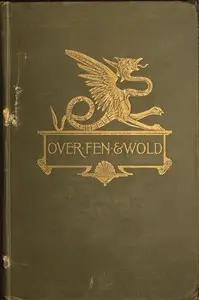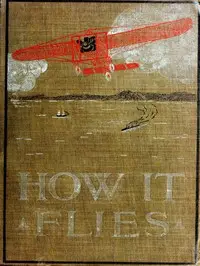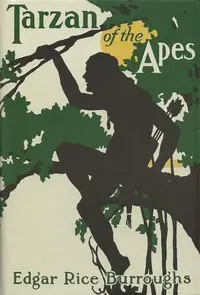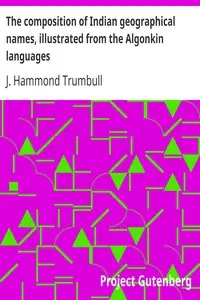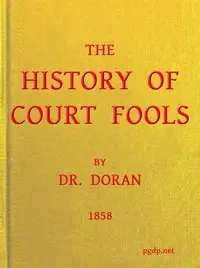"Evan Harrington — Volume 3" by George Meredith is a novel likely written during the late 19th century. The narrative centers around Evan Harrington, whose identity as a tailor and his complexities as a character provide a backdrop for exploring themes of class, ambition, and societal expectations. The story delves into his interactions, particularly with the alluring Countess de Saldar and their misadventures at Beckley Court, where class distinctions and personal aspirations collide. The opening of the book introduces the Countess de Saldar, who is resolute in her pursuit of social standing while navigating her own infatuation with ambition and status. She arrives at Beckley Court, eager to reclaim a sense of grandeur amid the English nobility, all while confronting her misfit brother Evan's position as a tailor. This establishes a tension between her high aspirations and the reality of their social background. The narrative further contextualizes Evan's character as he begins to struggle with his identity amid romantic leaves and societal judgments, setting the stage for further developments in their complex familial and romantic dynamics. In this opening context, themes of identity and the critiques of class are vividly brought to life. (This is an automatically generated summary.)

Evan Harrington — Volume 3
By George Meredith
"Evan Harrington — Volume 3" by George Meredith is a novel likely written during the late 19th century. The narrative centers around Evan Harrington, ...
George Meredith was an English novelist and poet of the Victorian era. At first, his focus was poetry, influenced by John Keats among others, but Meredith gradually established a reputation as a novelist. The Ordeal of Richard Feverel (1859) briefly scandalised Victorian literary circles. Of his later novels, the most enduring is The Egoist (1879), though in his lifetime his greatest success was Diana of the Crossways (1885). His novels were innovative in their attention to characters' psychology, and also portrayed social change. His style, in both poetry and prose, was noted for its syntactic complexity; Oscar Wilde likened it to "chaos illumined by brilliant flashes of lightning". Meredith was an encourager of other novelists, as well as an influence on them; among those to benefit were Robert Louis Stevenson and George Gissing. Meredith was nominated for the Nobel Prize in Literature seven times.

